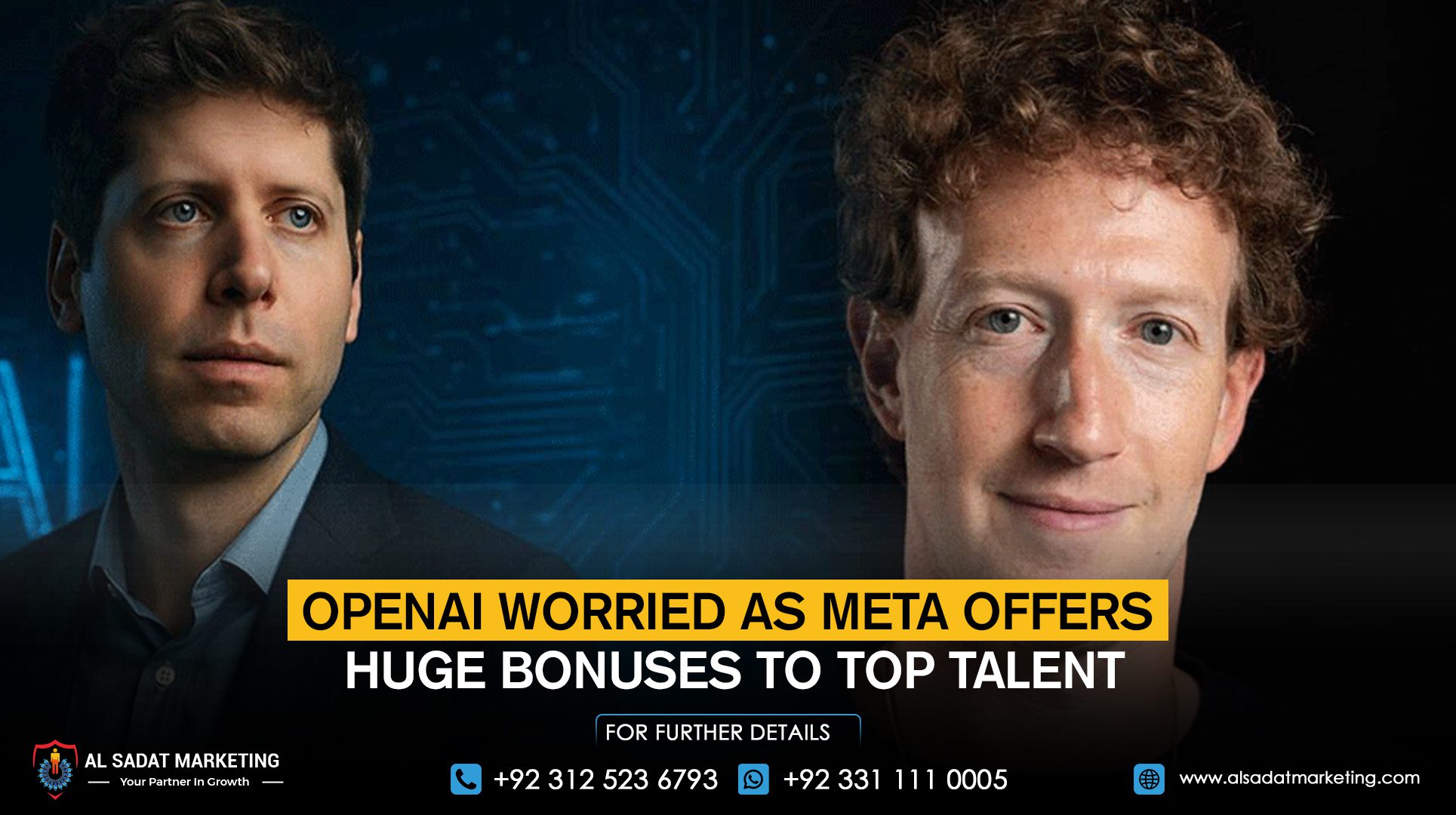According to reports, OpenAI is reevaluating its employee compensation plan in the wake of several high-profile departures to Meta, as internal discontent at the San Francisco-based startup is sparked by the growing competition for artificial intelligence (AI) expertise.
In a presentation to staff members on Saturday, OpenAI’s Chief Research Officer Mark Chen called the recent departures a “deeply personal blow,” according to a memo that Wired was able to access. Chen remarked in a Slack message, “I feel like someone broke into our house and took something right now. It’s a visceral feeling.”
At least eight prominent researchers left OpenAI in recent weeks to join Meta’s expanding AI branch, which prompted the internal correspondence.
Chen responded by saying that he and other senior executives, including as CEO Sam Altman, have been interacting with employees who are considering conflicting offers “round the clock.”
Chen went on to say, “We’re recalibrating comp, and we’re scoping out creative ways to recognize and reward top talent.” This suggests that the corporation is undergoing a bigger strategy adjustment to retain important personnel in the face of growing competition from Big Tech rivals.
The industry has taken notice of Meta’s aggressive talent acquisition strategy. In a previous podcast, Altman claimed that Meta has been luring OpenAI employees with signing bonuses of up to $100 million, a claim that Meta officials have apparently denied.
The numbers mentioned by Altman highlight the fierce competition for knowledge of generative models and frontier research, even if pay in Silicon Valley’s AI arms race has increased considerably over the past year.
With significant investments in its open-source LLaMA model and research team, Meta seems to be luring academics from other labs with promises of increased academic freedom in addition to financial incentives.
After the introduction of ChatGPT and GPT-4, OpenAI was long seen as a leader in generative AI. However, it has come under growing criticism for its profit-capped corporate structure, leadership choices, and internal transparency. Concerns have been raised by several researchers over how to strike a balance between academic principles and business needs.
The exits to Meta come at a crucial time for OpenAI, which is struggling to keep its technological advantage while its employees deal with changing pay dynamics and workplace cultures.
Chen urged colleagues to “support each other” at the challenging time and restated OpenAI’s objective as he wrapped up his address to the workforce.
“We’re not just watching,” he declared. “The leadership group is totally involved.”










